Studies
The European Migration Network produces 3–4 thematic studies per year. The thematic studies address a specific migration-related theme that is current or otherwise relevant. The themes are selected on the basis of proposals made by the National Contact Points and the European Commission. The National Contact Points first prepare national reports regarding the study, based on which the Commission’s service provider writes an EU-level synthesis report. The synthesis reports are available on our website and the EMN’s international website. The national reports concerning Finland are available on our website in bilingual publications in Finnish and English.
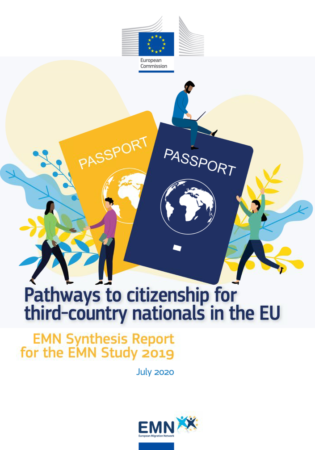
The study provides a comparative overview of the frameworks in place across the Member States of the European Union (EU) for access to national citizenship for new migrants from third countries, through naturalisation.
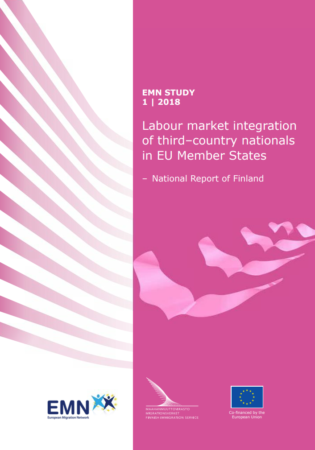
This study provides an overview of general integration policy and labour market integration policy in Finland. The focus of the study is on policies and practices supporting the labour market integration of third-country nationals who have a residence permit and a right to work in Finland. The study offers examples of promising labour market integration measures implemented by the public sector and tailored employment-related initiatives provided by the private sector
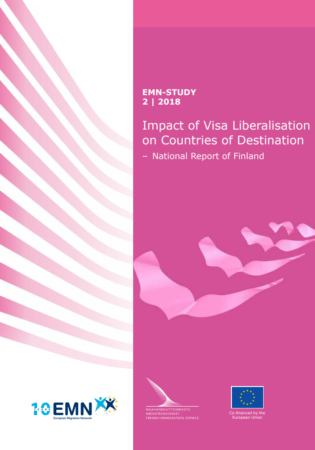
The study reviews the impact that the visa liberalisations of the Western Balkan and the EU’s Eastern Partnership countries have on Finland. The review employs a number of different indicators, such as the border crossings, residence permit applications and asylum applications made by citizens of the countries in question, as well as the tourism and crime attributable to them.
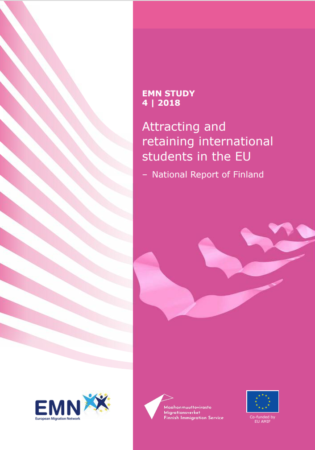
The aim of this study is to explore what policies and practices are in place in Finland to attract and retain third-country national students. The study focuses on third-country nationals entering Finland to study in a higher education institution. The study covers issues such as factors attracting students to Finland, admission criteria, hosting and rights of international students, as well as access to the Finnish labour market after graduation. In this study, the term “international student” refers to third-country national students from non-EU/EEA countries.
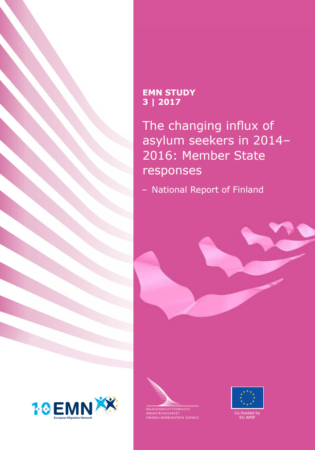
This Study examines the measures taken in Finland to respons to the fluctuation in the number of asylum seekers in the years 2015-2016. The measures taken by authorities in 2015 and 2016 have been partly evaluated, by either internal or external parties. When evaluated as a whole, the authorities’ measures were successful in the respect that all asylum seekers were registered and accommodated; it was ensured that they receive statutory basic service and their applications were processed according to the Aliens Act. The long-term impacts of the measures are not evaluated in this study.
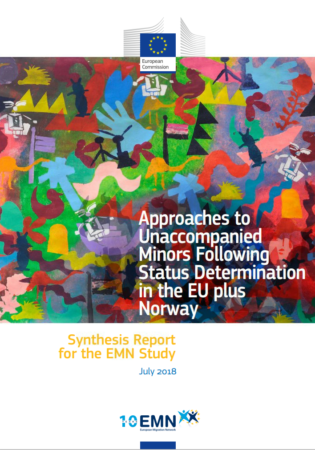
This Report presents the main findings of the 2017 EMN Study Approaches to Unaccompanied Minors Following Status Determination in the EU plus Norway. The study covers the period 2014-2017, thereby following up on previous EMN research on unaccompanied minors. It may serve to inform further the approaches of EU Member States plus Norway to the protection of unaccompanied minors following status determination and to inform action on this at EU level.
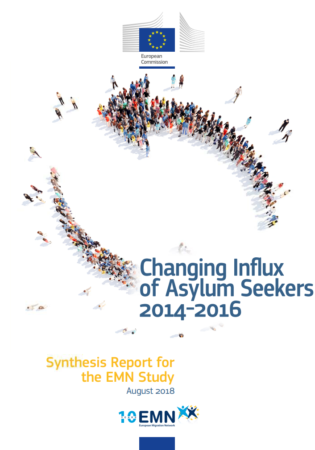
This study provides an overview of the changes to national strategies, approaches and measures in response to the unprecedented migratory movements to EU Member
States and Norway between 2014 and 2016.
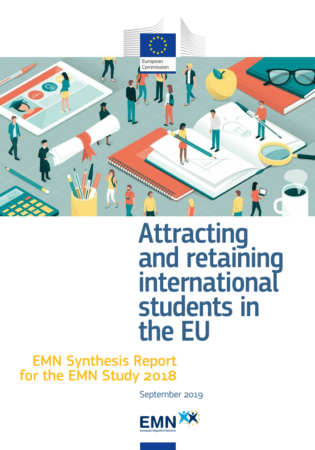
This Report presents the main findings of the EMN Study on Attracting and retaining international students in the European Union (EU). The study is very topical in light of the transposition of the Students and Researchers Directive ((EU)2016/801) which sets out a common framework for admission and residence of students from third countries in the EU. A key focus of the study is the underlying policy rationale for attracting and retaining international students and whether this is a policy priority in Member States.
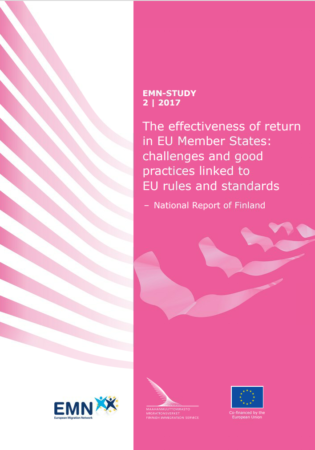
This study looks at the effectiveness of return in Finland. Finnish return policies and practices will be examined in relation to the EU rules and standards. It is stated in the study that return of persons who are residing irregularly in the country is an increasing challenge for Finland. Theobstacles are not, however, directly linked to
the EU rules or standards. On the basis of this study it can be noted that return policies and practices in Finland are effective and to a large extent in line with the EU rules and standards.
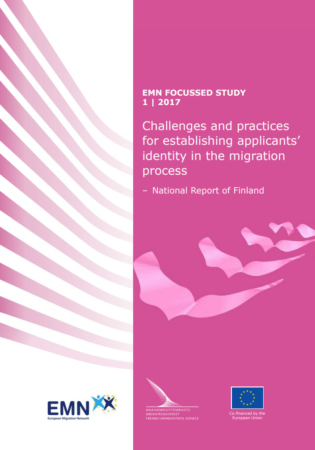
This Study covers approaches to establish the identity of third-country nationals within the migration process, looking both into identification and identity verification related tasks. This is addressed within the context of the asylum procedure, return procedure, as well as legal migration channels, i.e. applications for short-stay visas and for long-stay visas/residence permit for study, work and family purposes.